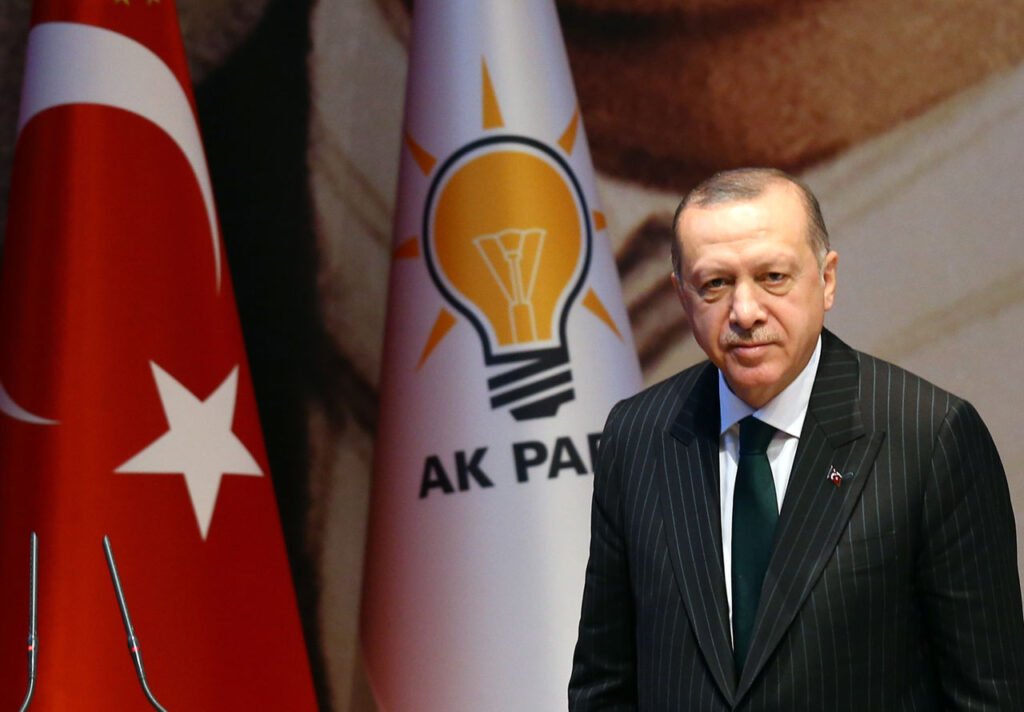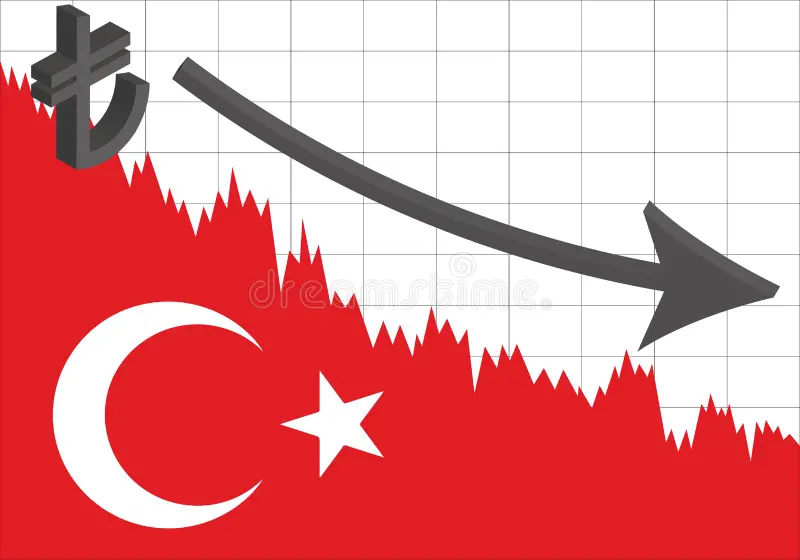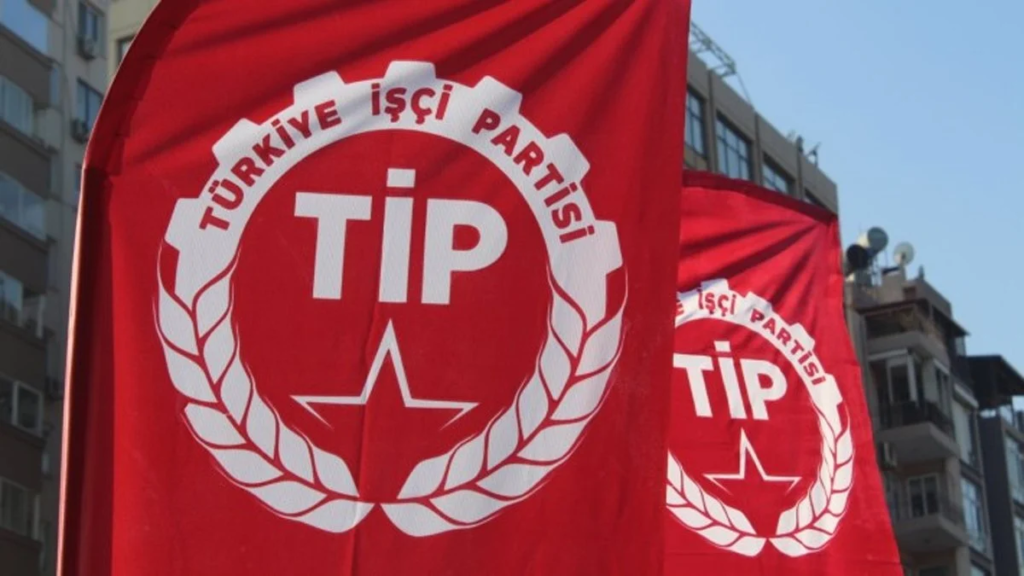The recent local elections on March 31, 2024, have left an indelible mark on Turkey’s political landscape. For over two decades, President Recep Tayyip Erdoğan and his Justice and Development Party (AKP) dominated Turkish politics, shaping the nation’s economic, social, and cultural policies. However, these elections have unveiled deep cracks in that dominance, with the opposition party, the Republican People’s Party (CHP), gaining ground across traditional AKP strongholds, including the symbolic cities of Istanbul and Ankara.
This shift reflects a profound sense of dissatisfaction among Turkish voters who are increasingly frustrated with the economic challenges facing the country. The CHP’s rise signifies a growing desire for change but also exposes the complexity of Turkey’s political future as fragmented left-wing and conservative opposition forces attempt to define their role in the aftermath of the AKP’s declining influence.
Economic Struggles Fuel AKP’s Decline
Turkey’s economic crisis has been the most critical factor behind the AKP’s losses in this election. The effects of inflation, a depreciating lira, and high costs of living have left citizens struggling to make ends meet. Erdoğan’s insistence on unconventional economic policies, particularly his approach to reducing interest rates despite rising inflation, has backfired, leading to increased poverty and economic instability. Many Turks, even in Erdoğan’s traditional base of support among the conservative rural population, now feel that the AKP’s policies have failed to address their everyday concerns.
Finance Minister Mehmet Şimşek’s austerity measures, meant to stabilize the economy, have had mixed reception. Though intended to curb inflation, these policies have cut back on essential subsidies and state-funded benefits, which once formed a key pillar of Erdoğan’s appeal to low-income voters.

As a result, more citizens feel left out by the government’s shift toward orthodox economics, and dissatisfaction has pushed some of Erdoğan’s core supporters to consider alternative political voices.
The Opposition Gains Momentum
The main opposition party, the CHP, led by reformists Ekrem İmamoğlu and Özgür Özel, has managed to capitalize on the AKP’s economic missteps. Under the banner of restoring stability, the CHP has campaigned on a platform that emphasizes economic reforms, anti-corruption measures, and a return to more independent financial governance. The CHP’s clear commitment to challenging the status quo has attracted a wide swath of voters looking for solutions beyond the AKP’s prolonged rule.


Despite these gains, the CHP’s vision remains somewhat constrained, as the party is careful to avoid alienating centrist voters. While the CHP has undoubtedly become the standard-bearer for those disillusioned with the AKP, it faces an uphill battle to consolidate this support and define a clear economic and social agenda that addresses the urgent demands of Turkey’s diverse population.
Fragmentation Among the Left and Conservative Rivals
The elections also revealed the challenges faced by left-wing factions and new conservative voices attempting to establish a foothold in Turkey’s evolving political space. While the CHP gained significant traction, left-leaning parties like the Peoples’ Equality and Democracy Party (DEM) struggled to expand their influence beyond their traditional bases in Kurdish regions and among progressive voters.
The Turkish Workers’ Party (TİP) similarly saw limited success, as its alliance with the CHP failed to resonate with a broader working-class audience. At the same time, the New Welfare Party (YRP) has emerged as a significant alternative for conservative voters who feel disenchanted with Erdoğan’s recent policies. By appealing to voters who desire a more assertive conservative agenda, the YRP won key municipalities previously held by the AKP. This shift points to a growing complexity in Turkey’s political landscape, where both the left and right are finding new ways to challenge the existing political order, though neither has yet solidified a unified platform.
Labor Movements and Public Outcry
Amid the political restructuring, labor movements have gained momentum across Turkey. Strikes and protests led by workers from multiple sectors are becoming increasingly common, with demands for fair wages and improved working conditions taking center stage. The state’s harsh responses to these protests, including the detainment of union leaders and strike organizers, have further fueled discontent among labor groups. This mobilization signals a potential shift in Turkey’s political landscape, as more citizens call for tangible changes rather than promises of economic stability that have yet to materialize.


While Turkey’s left-wing parties remain fragmented and cautious in their approach, labor unrest suggests that a groundswell of public frustration could provide a foundation for a stronger, more unified opposition if these movements are effectively channeled into a broader political effort.
A Nation at a Crossroads
As Turkey stands at a political crossroads, the election results indicate a public eager for change but cautious of instability. The AKP’s dominance has been broken, but Turkey’s path forward remains uncertain, with opposition forces divided in their visions for the future. The CHP’s recent success shows a significant pushback against Erdoğan, yet the complexity of Turkey’s political landscape — with multiple opposition parties vying for influence — poses challenges for creating a cohesive path forward.
In the face of an economic crisis, social tensions, and an evolving political identity, Turkey’s future hinges on whether its opposition forces can move beyond their divisions and offer a united, sustainable vision for the country. If the left and conservative challengers can find common ground on critical issues, Turkey could see a transformative shift. However, without a consolidated alternative, Turkey may continue to navigate a fragmented political landscape, leaving critical issues unaddressed.
This moment is pivotal for Turkey, as citizens and political forces alike grapple with what comes next. The desire for change is palpable, but whether this will lead to lasting reform or further fragmentation remains to be seen.


